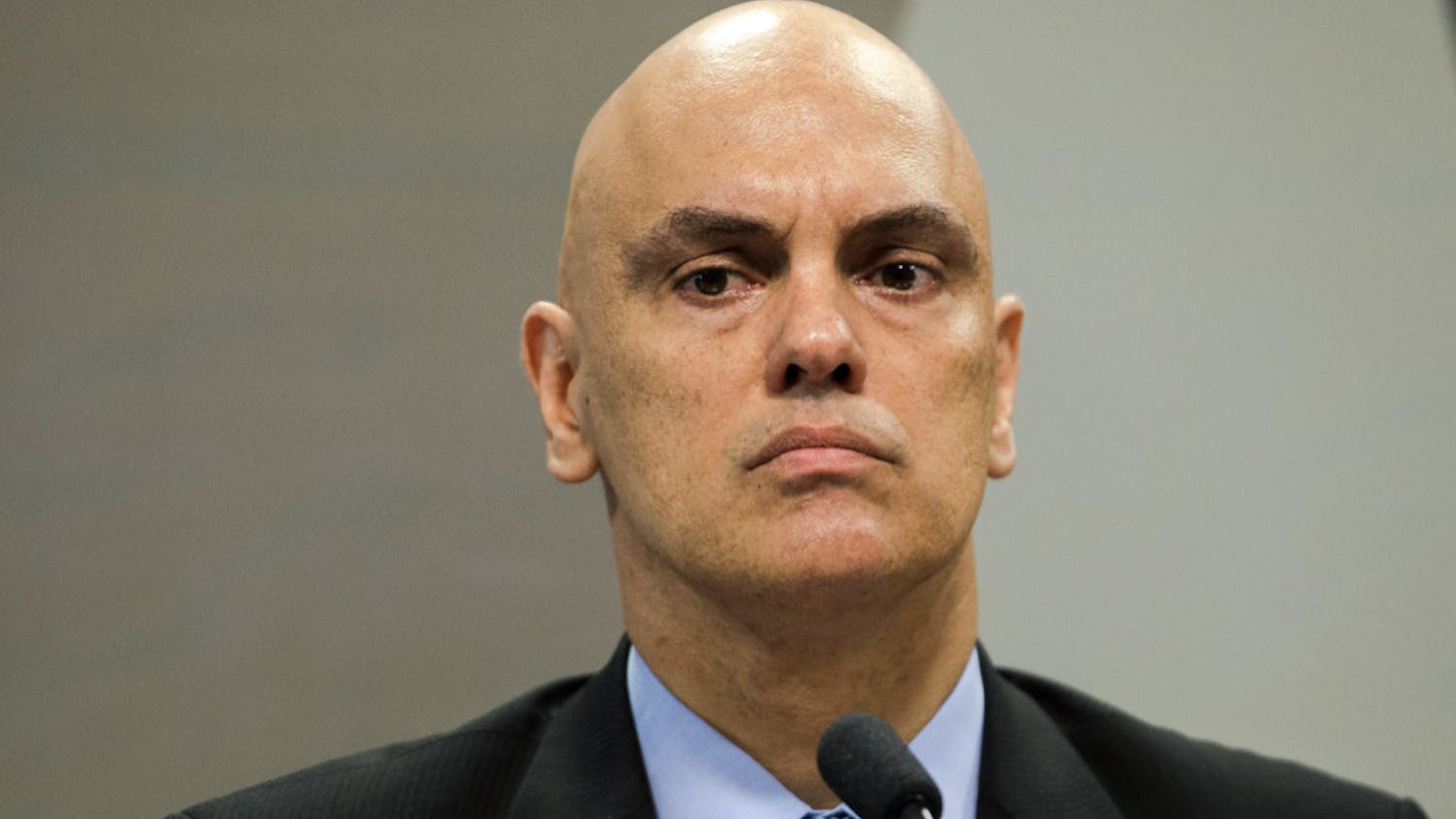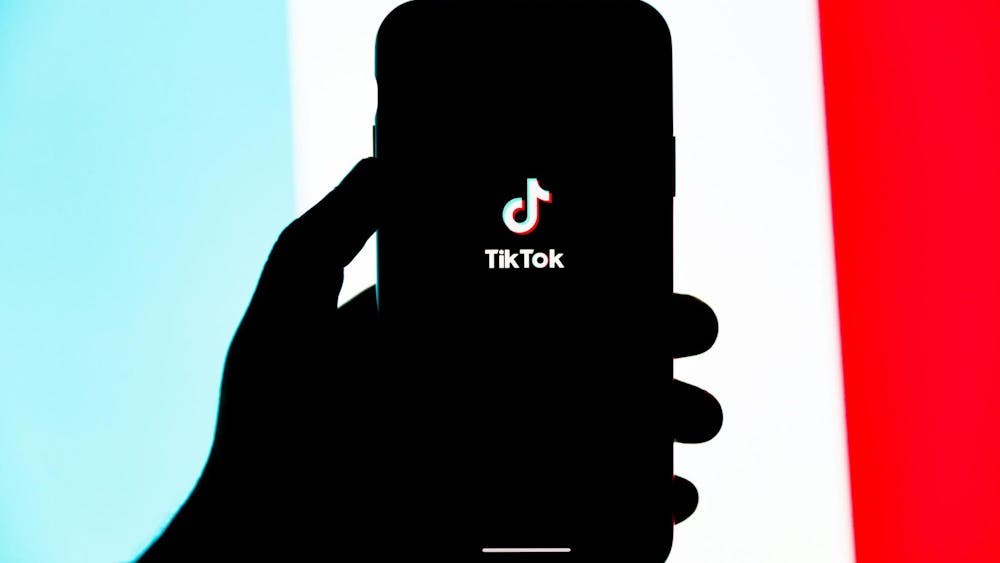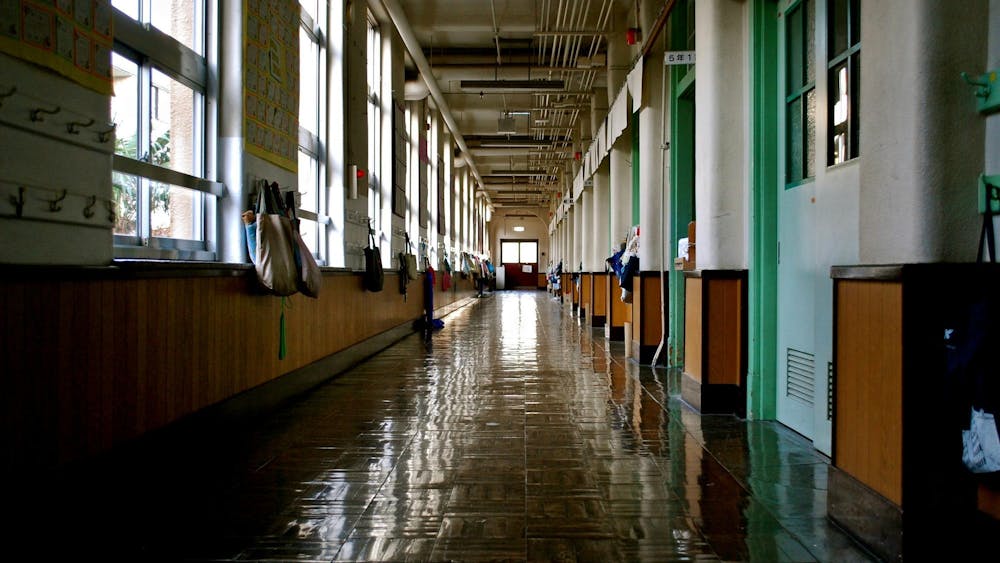During the Trump era, the President’s early morning tweets routinely sculpt a fast-paced, short-term and tension-filled political terrain each week. This week seems to have topped them all since the inauguration. It began with Trump’s rebuttal of why world leaders laughed at him at the United Nations. The week sped along with the President’s phone call to the Deputy Attorney General, who was to personally meet him on Thursday at the White House with expectations of the President firing him. However, Thursday’s senate confirmation hearing rose high above the weekly landscape when Dr. Christine Blasey Ford testified against Supreme Court nominee Judge Brett Kavanaugh, alleging that Kavanaugh assaulted her when she was 15 years old.
Actress Alyssa Milano, a survivor of assault and abuse, attended the hearing. Last week, she, along with many Hollywood celebrities, publicly confessed their stories under the hash tag #WhyIDidntReport. Former President Ronald Reagan’s daughter, Patti Davis, detailed her own assault in a Washington Post op-ed column by claiming that a music executive raped her almost 40 years ago. She further noted that like Ford, she did not report her incident.
Ford’s appearance was a watershed moment in American culture in that she stood for those victims of sexual assault who could not or would not report their own incidents. She is the face that emboldens more victims to confront their inner fears and confront those who prey upon others. Ford looked and acted like the woman next door, a plainspoken woman with a slightly nervous delivery and unpolished demeanor. She was, as she admits, a tortured soul still suffering the neurobiological effects of trauma including the ills of anxiety panic attacks and claustrophobia.
In her public testimony, Ford shed slivers of what it is like to suffer Post Traumatic Stress Disorder (PTSD), to struggle with relationship and interpersonal challenges while living in a survivor mode. Ford testified that while traumatic memories are seared into her memory, much of her anxiety morphed into other coping challenges like claustrophobia. She cited the fact that she insisted her husband agree to install a second front door to her house during their new remodeling project. That disagreement resurrected her anxiety to the point that she returned to counseling, and first named Kavanaugh as an attacker.
Regardless of how difficult it may be to sort out the merits of Kavanaugh’s nomination in light of Ford’s allegations, Ford and other victims like her are slowly changing our culture. Victims must be heard and supported so that they can heal. Ford described taking a polygraph test after attending her grandmother’s funeral and enduring death threats. Yet, the most haunting moment of Ford’s testimony came when asked about her strongest memory of the assault. As a clinical psychologist by trade, she answered that the indelible memory is the uproarious laughter of the two boys at her expense. While looking like every woman we all know, her temperament and uneasy delivery caused by her fear of testifying brought power through her low-energy voice.
In our evolving culture when victims of assault can crush the “boys will be boys” past norms, social media places a larger focus on perpetrators being called out and held accountable for their actions. The Catholic Church, the corporate world and academia have been placed on notice that only a zero tolerance will be the norm. The Ford-Kavanaugh scuffle may play out with controversy and disagreement. However, the #MeToo and #WhyIDidntReport movements are changing our society.
It is up to everyone to realize that victims should not feel shame. It is up to all of us to impress upon victims that nothing they endured was their fault. Moreover, regardless of what or how much others have endured, it is the duty of each of us to embrace and encourage victims to help them heal. It is unfortunate that the Ford-Kavanaugh spectacle orbits around the political sphere of a Supreme Court nomination. However, the silver lining may be that the conversation continues regardless of the arena or the circumstances.
Perhaps the senate committee’s nationwide exposure is the best boost now for the #MeToo and #WhyIDidntReport movements. Time will tell, but any step forward is one less needed to change a culture and de-stigmatize an atmosphere slanted against victims.
Gary J. Caruso, Notre Dame '73, serves in the Department of Homeland Security and was a legislative and public affairs director at the U.S. House of Representatives and in President Clinton's administration. His column appears every other Friday. Contact him on Twitter: @GaryJCaruso or email: GaryJCaruso@alumni.nd.edu












